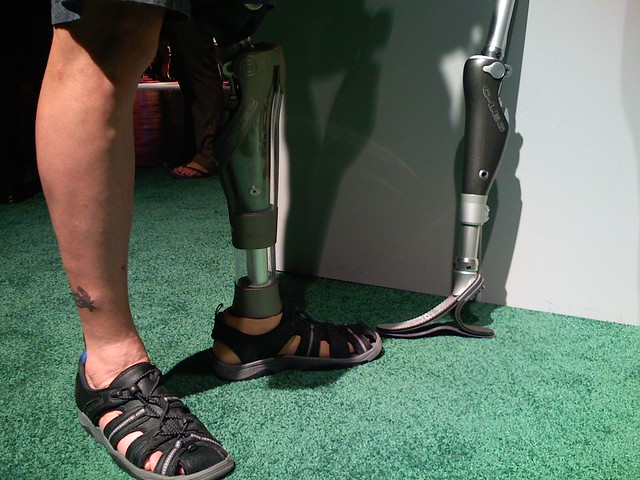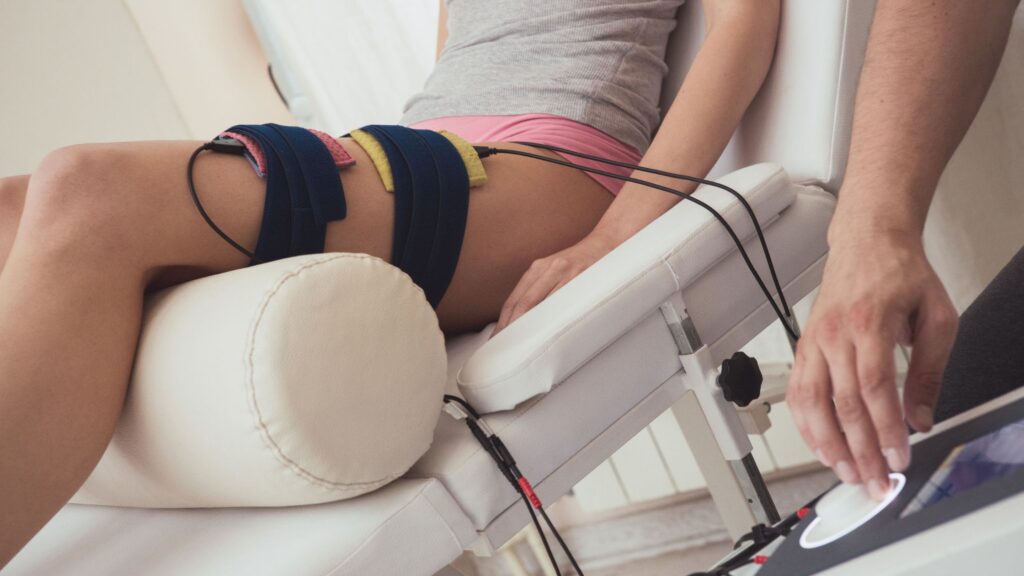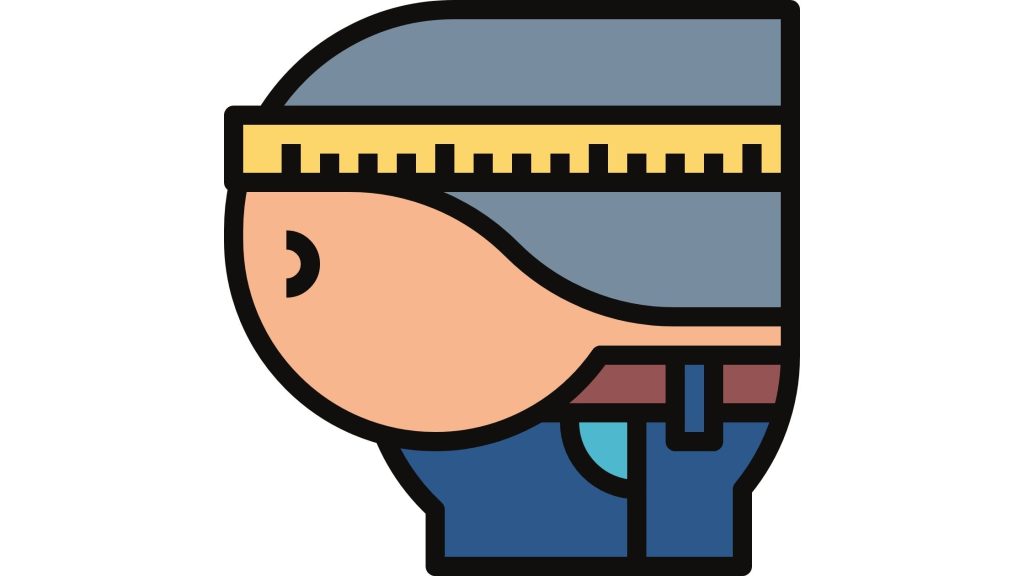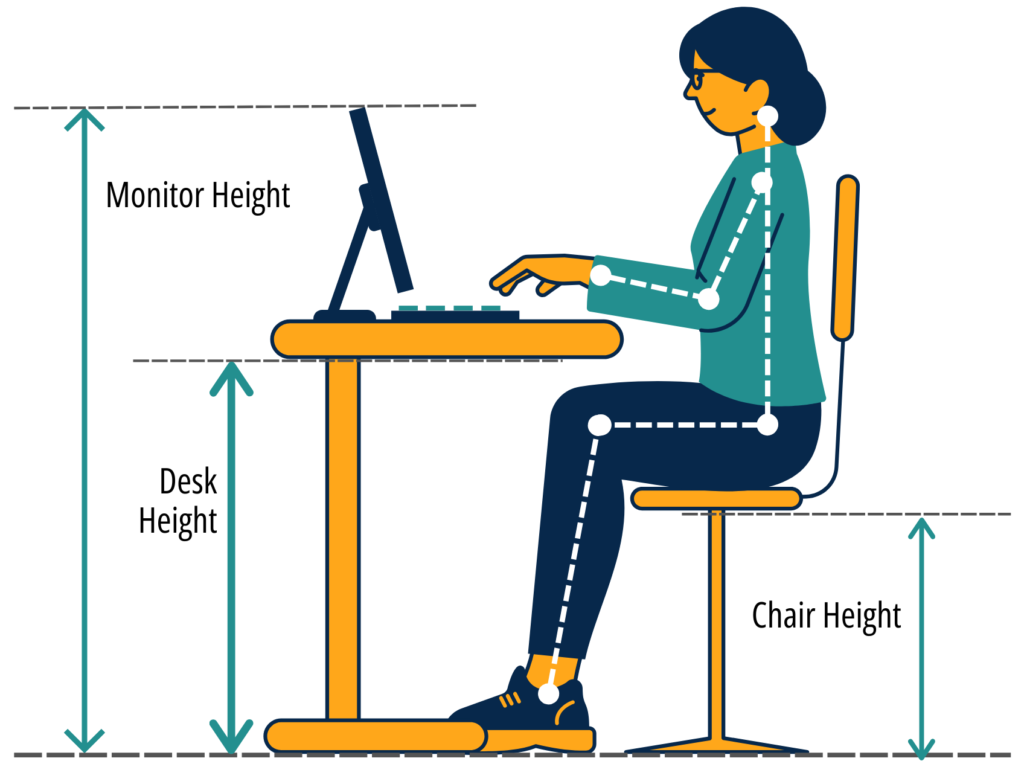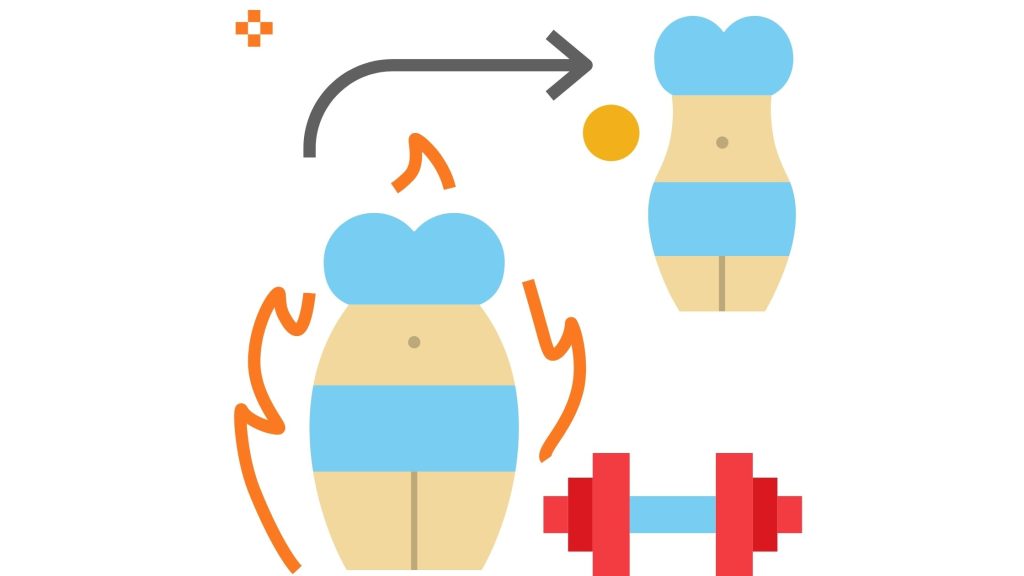New 3D Tech prosthetic liners help more amputees walk again
Are Mosquitoes Selectively Biting You? It Might Be Your Soap
Differences in how men and women perceive internal body signals could have implications for mental health
We’re a step closer to having a universal antivenom for snake bites – new study
Difference between faradic and galvanic current
5 Quick Back Pain Solutions at Home to Get Back to Work Early

Dr Sunit Ekka (PT)
With more than 20 years of experience in the field, he is one of the best physiotherapists. Learn more

Dr M Yoosuf (OT)
Paediatric Occupational Therapist with over 30 years of experience. Learn more

Kartik Parida
Nutrition and Dietician



